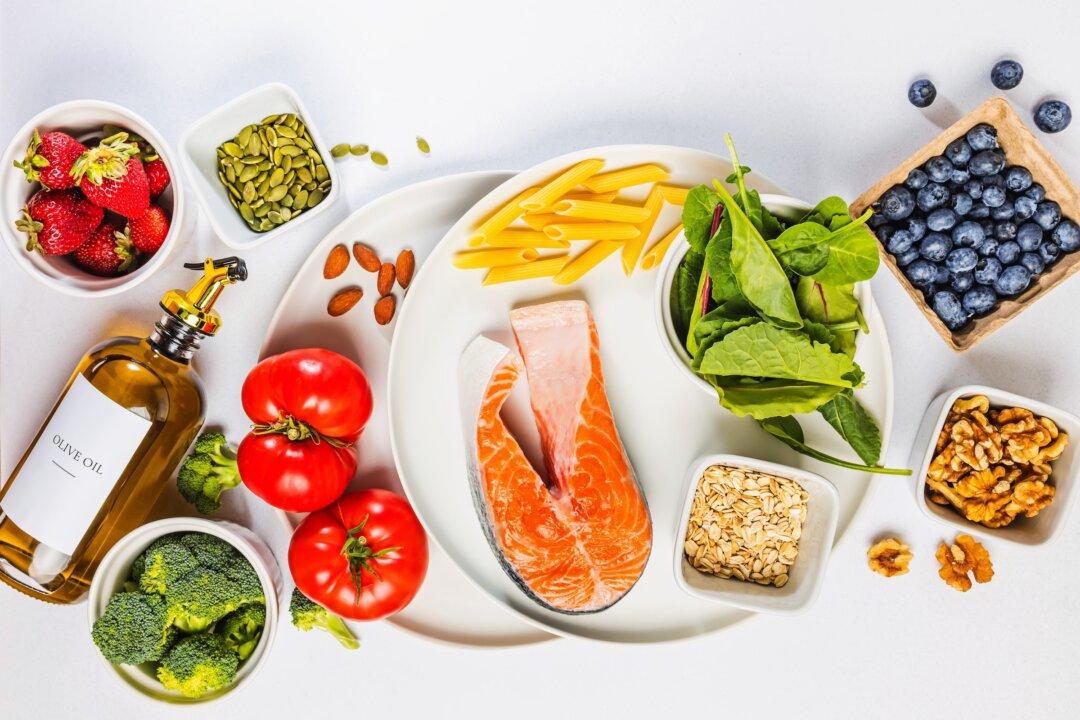“Carbohydrate loading” the night before a big race can harm your performance and your health. More than forty years ago, I reported the case of a marathon runner who had a heart attack after carbohydrate loading in the Journal of the American Medical Association. A review of 88 studies shows that eating carbohydrates during competitions lasting longer than 70 minutes will prolong your endurance far more than anything you eat before a competition. The longer the event, the greater the benefit of eating during competitions (Sports Medicine (Auckland, NZ), September 2011;41(9):773-92).

Bill Summa, left, of New Mexico, Mike Bauer, center, and Tom Van Veen, right, both of Oregon, load up a dinner high in carbohydrates in Boston on April 16, 1989. The dinner is provided free of charge to all who will run in the 93rd Boston Marathon on Monday. AP Photo/Julia Malakie
Sports medicine doctor, fitness guru and long-time radio host Gabe Mirkin, M.D. brings you news and tips for your healthful lifestyle. A practicing physician for more than 50 years and a radio talk show host for 25 years, Dr. Mirkin is a graduate of Harvard University and Baylor University College of Medicine. He is one of a very few doctors board-certified in four specialties: Sports Medicine, Allergy and Immunology, Pediatrics and Pediatric Immunology.
Author’s Selected Articles





